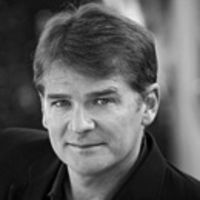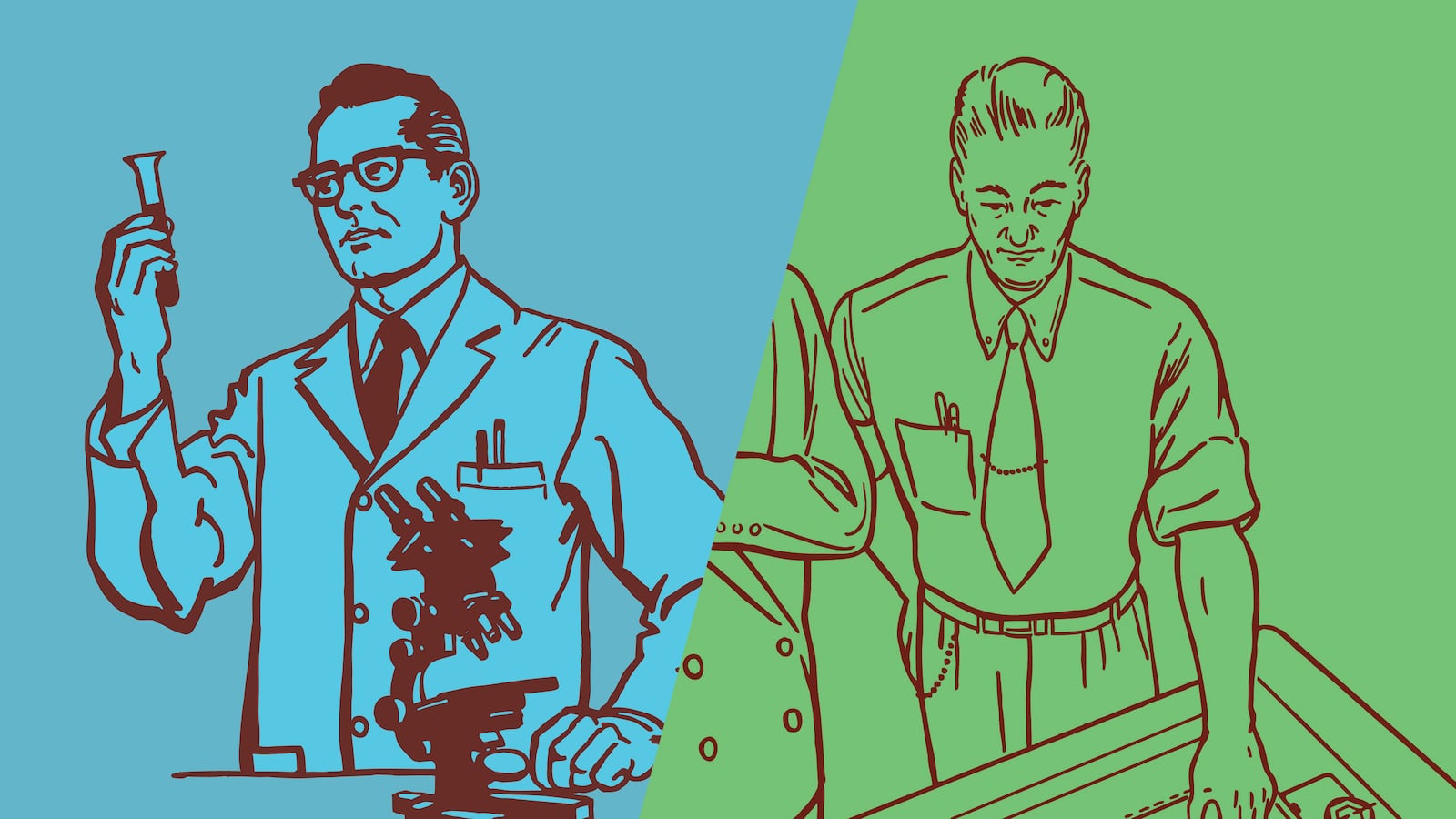In less than a generation, IT has smashed, recast and obliterated entire industries. Now the wunderkinds who brought us the Internet and apps for buying Jimmy Choos are laying siege to health care, eager to shake up this most bloated of industries just like they did travel, finance, and pet food.
Some in IT are hammering away at health care’s Byzantine cost and payment systems. Others are inventing apps and gizmos to collect heaps of health data on everything from sleep patterns to a person’s complete sequence of DNA. A few even talk about disrupting the human organism itself—hacking and reengineering people’s DNA, neurons, and cells as if they were processors, motherboards, and lines of computer code.
Not surprisingly, this assault of the nerds has encountered considerable resistance, even as some progress is being made. Reasons include cost and payment structures that defy logic, the heavy hand of regulation in medicine, and a powerful and conservative establishment that resists change. Yet there seems to be a much more basic issue at the heart of medicine’s rebuff of the changes offered by IT: that engineers fundamentally don’t get biologists, and biologists don’t get engineers.
This starts with an attitude toward the biology of humans. Engineers like to compare people to really complicated computers. Physicians and biologists beg to differ, saying that humans are far more complex in ways that might take decades or centuries to fully untangle.
Consider this recent exchange between engineer and venture capitalist Vinod Khosla and physician and bestselling author Dean Ornish:
“In the end the human body is just a few thousand metabolic interacting pathways,” said Khosla during a discussion in San Francisco about the future of technology and humans. He compared human physiology to the early Internet, “where there were all these routes and routers.”
“I agree with Vinod,” said Ornish, “that if all we are is a collection of algorithms then we’ll get replaced by an iPhone app because computers do that better than we do. But you know what I’m most interested in is what's now called lifestyle medicine…”
(View the video to see this entire debate, recorded at a recent Arc meeting).
This philosophical disconnect emanates from the very different worlds that these two come from. Engineers inhabit a planet where humans create the machines and the code, and where a better, smaller, and more nimble upgrade will be unveiled at next year’s electronics show. Biologists come from a land where 3 billion years of evolution created the bio-machines they work with; where their software and hardware is frustratingly obtuse, messy, and obscure, despite recent advances, and filled with redundant systems and twists and turns that no human engineer would ever design.
Engineers are also in a rush. They like to start small and to scale quickly, hoping to leverage small investments into billion-dollar hits that will reach billions of people. They needn’t bother with years of training, and some superstars of IT are college dropouts. They love taking risks and failing fast, and have a powerful culture built around the idea that if you build something cool, people will come.
Biomedicine moves slowly and deliberately, and is conservative about taking risks, particularly when lives are at stake. Practitioners spend years and decades in training, learning endless protocols and standards and procedures, and many devote entire careers trying to untangle a minute facet of a single bio-mechanism. And the idea of scaling—of creating protocols, drugs, and health apps that help millions or billions of people—only works up to a certain point, since people’s underlying physiology and their diseases tend to be different. This scientific realization is at the heart of what’s called precision medicine, the tailoring of drugs and therapies to an individual’s DNA and physiology.
Like IT, biotechnology has created dazzling wonders of high technology, everything from lightning-quick gene sequencers to surgical robots and drugs that target specific gene mutations to treat cancer. Most med tech, however, requires colossal investments and most fail, just like in IT, though they seldom fail fast. This is one reason that new technologies in medicine tend to elevate costs rather then decrease them, and why IT’s efforts to do to health care what Priceline did to booking hotels have proven so annoyingly difficult.
Enlightened leaders on both sides are working to breach the gulf between the two worlds. Smart engineers are realizing that they need to listen to and work closely with physicians and hospitals. (Just building a cool app isn’t enough). Doctors are also becoming more entrepreneurial as they work from the inside to build systems that save money and better serve patients—though they face a long slog to make this work.
Some in the hacking camp have realized that the body may be a tad more complicated than a smart phone, while some biologists and physicians are learning to embrace the tools and methods of engineers to challenge assumptions and reductionist thinking.
What’s needed is an attitude adjustment of the sort that neither of these professions is good at, starting with the often-arrogant assumption that it’s my way or the highway.
Inevitably IT will succeed in smashing and recasting health care just like it did other industries. The question is whether the fusion of the two will be a smooth transition, like a well-designed machine, or a more brutal and sloppy process like natural selection. Or perhaps it will be a bit of both?






